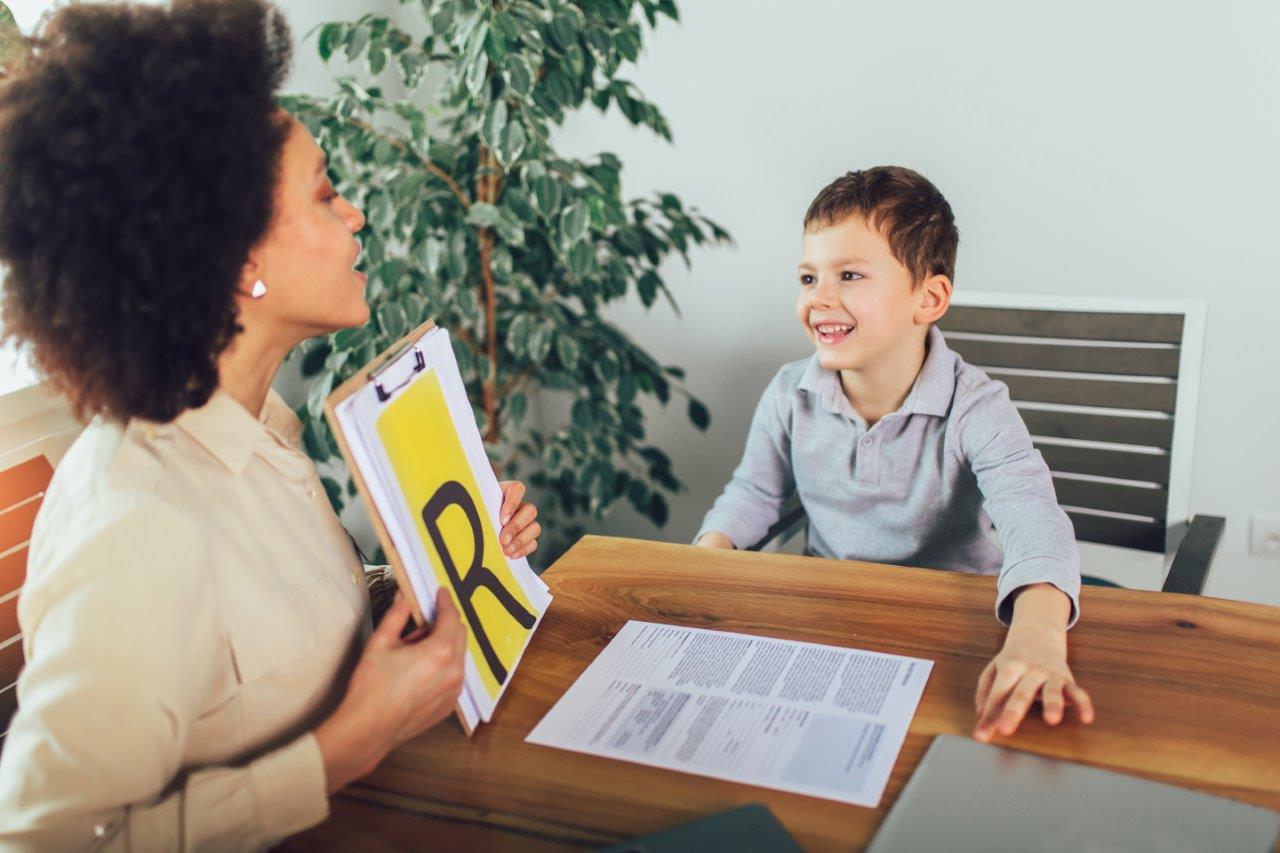
Hurricane Preparedness For Kids With Special Needs
A hurricane is scary for many of us. And we need to have special considerations when caring for individuals with special needs. It is very important to consider how they might be impacted by the approach of a storm. Situations such as this, that may affect safety and disrupt routine, are generally very difficult for children, and particularly challenging for individuals with autism, developmental delays, and difficulties regulating behaviors and emotions. They can experience fear, anxiety, frustration, y behaviors may escalate, or you can observe a regression on areas that had been improved. This special population may have difficulties understanding information (visual and auditory) to which they are exposed and will express their emotions and/or ask questions. These situations, as expressed before, may lead to an increase on maladaptive behaviors or the display of new ones.
The following are some of the common reactions they might experience:
- Concerns for their safety and the safety of others, including pets
- Overly clingy behavior/fear to separation
- Increase in activity level
- Difficulties concentrating
- Outbursts in anger, irritability, or aggression
- Physical complaints or discomfort, such as headaches or stomachaches
- Worry about storms or hurricanes (talking a lot about these topics, or the manifestation of these themes when playing)
- Increased sensitivity or fear in relation to thunder, wind, rain, etc.
- Changes in sleep pattern or behavior (including wanting to sleep with caregivers)
- Changes in appetite
- Lack of interest in the activities they used to enjoy
- Teens can demonstrate some of the behaviors listed above. They may also engage in impulsive and risky behaviors as means of coping, including alcohol and substance use or engaging in dangerous activities.
- Changes in school performance
On the other hand, some children or teenagers may not want to talk about events and may prefer distractions.
An important role you can play is to identify these behaviors and explain to parents that they are typical reactions, and promote communication so that the child can ask questions and gain information that makes them feel more confident.
It is important to remember that many times they can only absorb small pieces of information at a time and may feel overwhelmed if they are provided with too much information at once. Always take into consideration their level of development and functioning. You could say: “ I know things can seem confusing and disturbing right now. What questions do you have for me that I can answer?”
Recommendations to parents/caregivers:
Stay calm: Although it’s easier said than done, try to stay calm. Children are extremely sensitive to the reactions of adults during times of stress, and use it to regulate their own behavior and/or coping strategy based on what they observe
Monitor conversations you have with other adults about storms, flooding, damage, and so on: Children are often listening and may misinterpret what they hear, causing increased anxiety/restlessness
Limit and/or monitor media exposure as much as possible: Often, the media will show disturbing images and descriptions of the hurricane and the damage caused by it, which can increase the level of anxiety in children.
Reassure children that they will be safe and secure: This information may need to be repeated several times until after the storm passes, especially in case of secondary adversities (e.g., flooding of the house)
Children and adolescents should know that during or after the passage of a hurricane, it is possible that an interruption in basic services such as electricity, water, cell phones, and internet may occur. Help them plan and assemble with them a kit of basic supplies. Knowing that the family is prepared will give them security before the arrival of the hurricane
Transmit information in a simple way: When answering questions about the hurricane and its aftermath, it is best to provide direct and factual information and let your child/teen ask any other questions they may have.
Although it may seem difficult, try to follow your regular routine as much as possible (having dinner at the same time, doing the same things before bedtime, etc.). This can help provide a sense of order, predictability, and control during a time when you may feel out of control. Children feel more confident with family structure and routine.
Help them store comforting objects nearby (a stuffed animal or a blanket)
Talk about the resources that exist in the community that provide help: If you lose electricity, it may help children talk about community recovery and reassure them that people are working hard to restore electricity, telephone lines, water, etc.
Sleep aid: You may need to provide extra support at bedtime and is often the time when younger children will express their fears/anxieties. Telling them stories they like and spending more time hugging them can help.
Adjust changes in routine: Hurricanes and storms may have affected daily activities and the loss of electricity can cause boredom. You can help children by encouraging them to look for alternative activities such as board games, card games, etc.
Maintain optimism: Even in the most stressful and difficult situations, your hopeful outlook will help your children feel confident that everything will work out.
Practice self-care: As a parent or caregiver you are a vital part of helping your child cope in a positive and adaptive way. Getting the necessary support for yourself and making sure you maintain your health will help you be ready and able to help your child.
Learn More
